FOUNDATION SCHOOL
Phase 1(NUR, LKG & UKG)

Foundational Stage
The Foundation Stage is for children of the age 3 to 6, although it may vary based on the country or system (in many places it is 3 to 5 or 4 to 6). Children start schooling in the Foundation Stage. The design is based on the principles of Early Childhood Care and Education (ECCE). “ECCE ideally consists of flexible, multi-faceted, multi-level, play-based, activity-based, and inquiry-based learning, which comprises alphabets, languages, numbers, counting, colors, shapes, indoor and outdoor play, puzzles, and logical thinking, problem-solving, drawing, painting, and other visual arts, craft, drama, and puppetry, music, and movement. It also includes a focus on developing social capacities, sensitivity, good behavior, courtesy, ethics, personal and public cleanliness, teamwork, and cooperation.
The Foundation Stage bridges the divide between the child’s home environment and the formal school environment. It develops capacities in Foundational Literacy and Numeracy that enable the student to learn all other subject areas. In addition to these capacities, it develops valuable dispositions for active learning that would enable students to become engaged learners in formal school environments. Play and exploration are the natural modes through which children learn, and the Foundation Stage utilizes these modes to promote the valuable capacities and dispositions.”
FOUNDATION SCHOOL
Phase 2(STD 1 & 2)
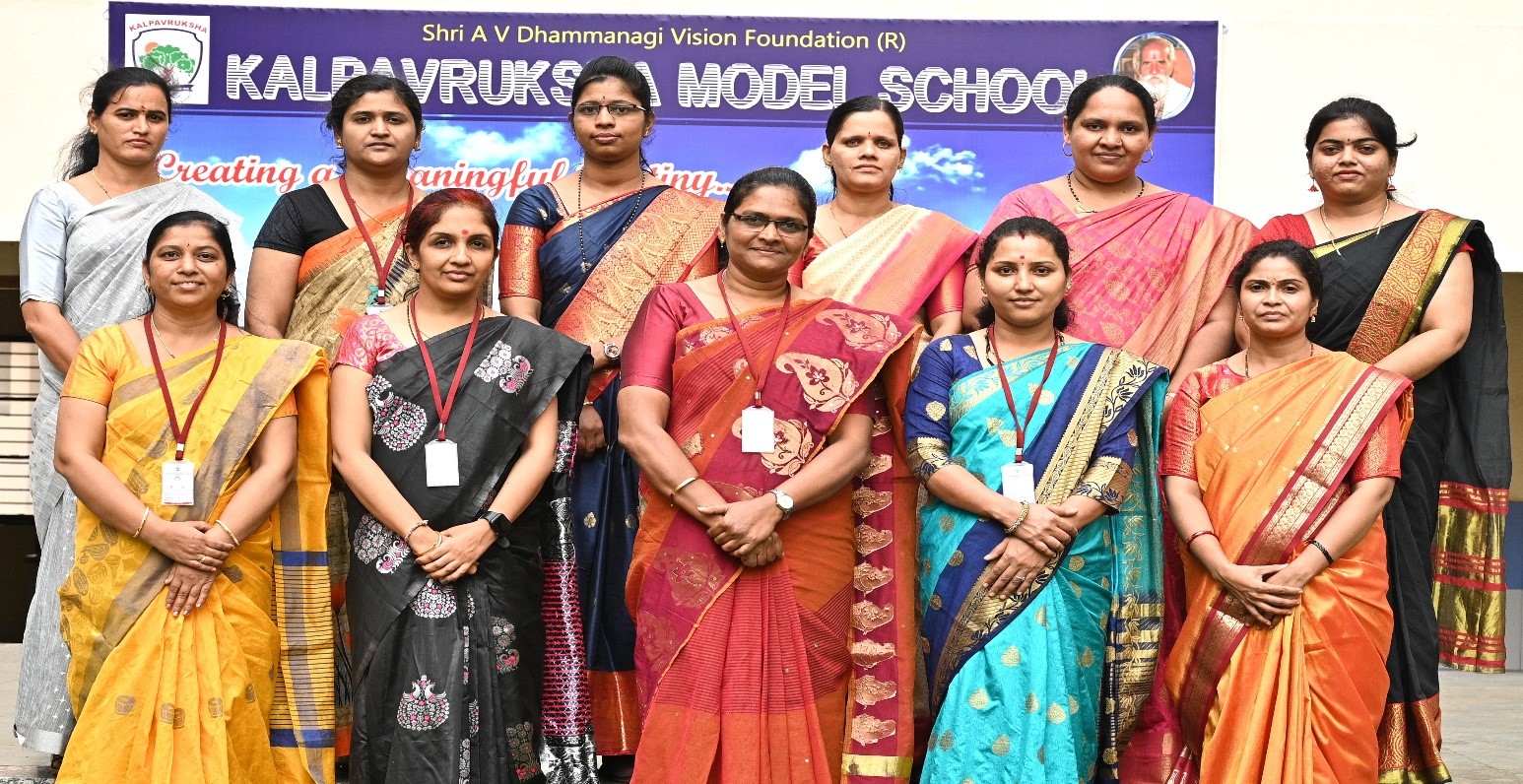
Foundational Stage
The Foundation Stage caters to children aged 3 to 8, marking the beginning of their formal schooling. Grounded in the principles of Early Childhood Care and Education (ECCE), this stage is designed to provide a flexible, multifaceted, and engaging learning experience. ECCE emphasizes play-based, activity-based, and inquiry-based learning that encompasses a wide range of activities including:
- Alphabets and languages
- Numbers, counting, colors, and shapes
- Indoor and outdoor play
- Puzzles and logical thinking
- Problem-solving
- Drawing, painting, and visual arts
- Craft, drama, and puppetry
- Music and movement
Furthermore, it cultivates social skills and positive behaviors, including sensitivity, courtesy, ethics, personal and public hygiene, teamwork, and cooperation.
The Foundation Stage serves as a crucial bridge, connecting the familiar home environment to the structured school setting. It focuses on developing foundational literacy and numeracy skills, which are essential for success in all other subjects. Beyond these core skills, the stage cultivates valuable dispositions for active and engaged learning, preparing students for a positive experience in formal educational environments. Play and exploration are central to this stage, serving as natural pathways to foster critical capacities and positive learning dispositions.
PREPARATORY SCHOOL
Phase 2(STD 3 to 5)
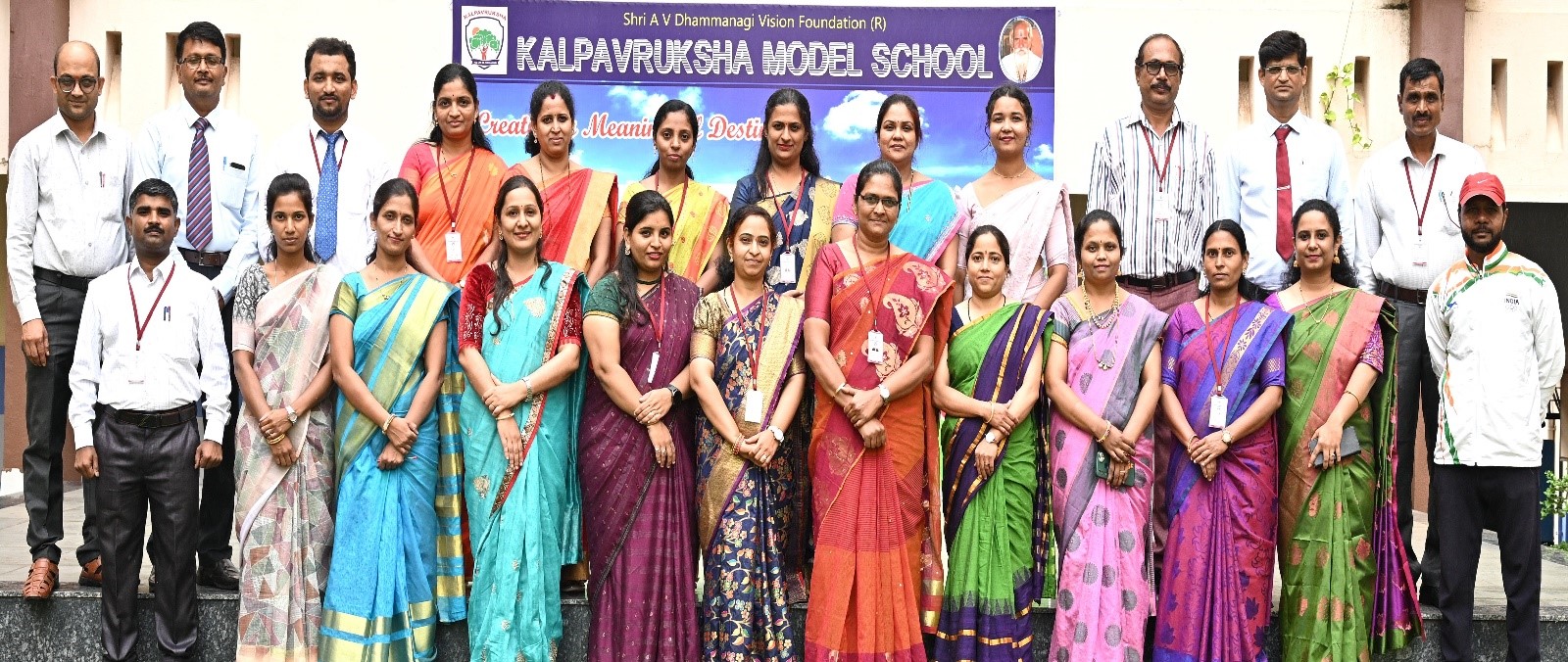
Preparatory Stage
The Preparatory Stage spans three years and encompasses Grades 3, 4, and 5. “The Preparatory Stage will comprise three years of education, building upon the play, discovery and activity-based pedagogical and curricular style of the Foundational Stage. It will also gradually begin to incorporate textbooks, as well as aspects of more formal classroom learning. There will mostly be generalist teachers during this stage, with the possible exception of some specialist language and art teachers (who may be shared across the school or school complex). The aim of this stage will be to lay the general groundwork across subjects, including reading, writing, speaking, physical education, art, languages, science, and mathematics, so that students are prepared to delve deeper into learning areas through specialized subjects and subject teachers in the stages that follow.”
The Preparatory Stage consolidates the capacities and dispositions that begin to develop in the Foundational Stage. Students are expected to develop fluency in literacy and numeracy, and to develop further capacities that are helpful in a systematic exploration of the natural and social worlds around them.
MIDDLE SCHOOL
(STD 6 to 8)
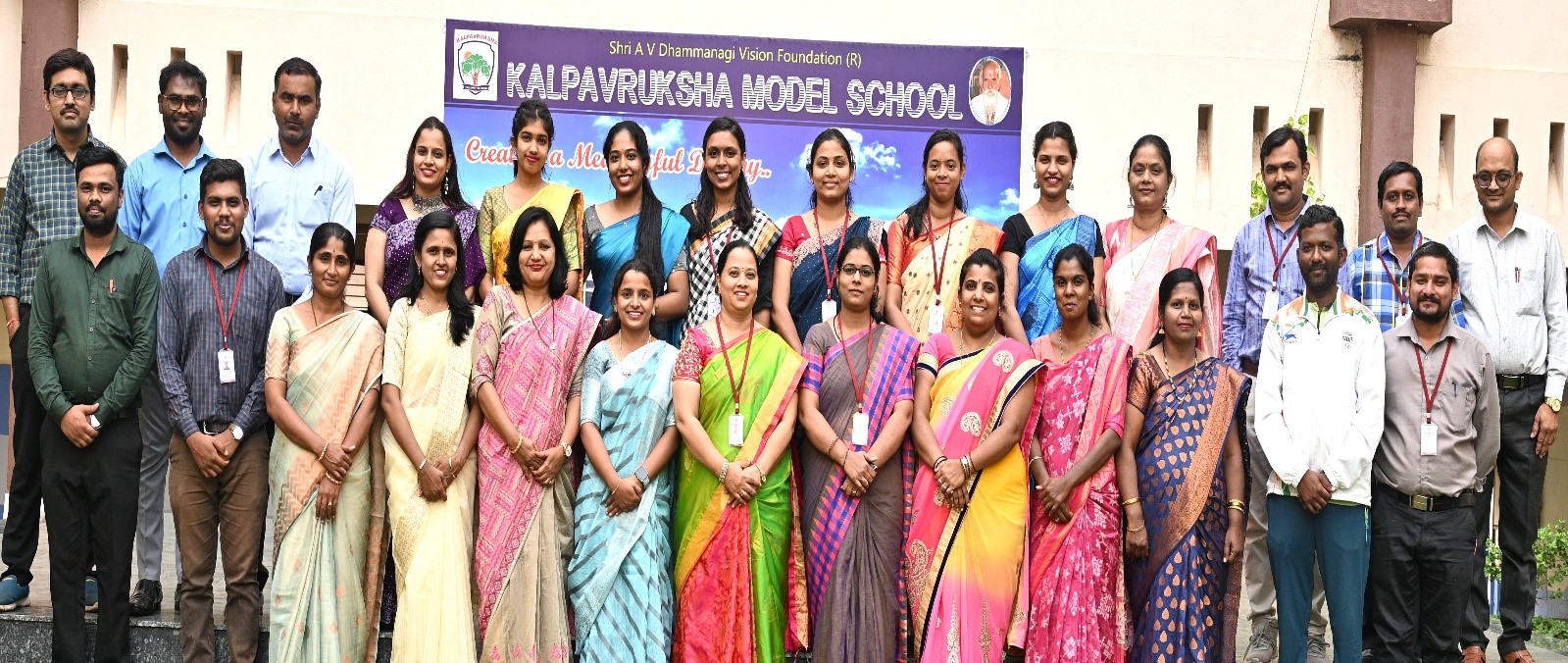
Middle Stage
The Middle Stage spans three years and includes Grades 6, 7, and 8. “The Middle Stage will comprise three years of education, building on the pedagogical and curricular style of the Preparatory Stage, but with the introduction of subject teachers for learning and discussion of more abstract concepts within each subject that students will be ready for at this stage, across the sciences, mathematics, arts, social sciences, and humanities. Experiential learning within each subject, and explorations of relations among different subjects, will be encouraged and emphasized, despite the introduction of more specialized subjects and subject teachers.” [NEP 2020, 4.2].
The Middle Stage utilizes the capacities and dispositions developed during the Preparatory Stage and introduces students to different forms of understanding. Students gain systematic knowledge through rational thought and inquiry. The capacities for critical thinking and problem-solving are consolidated in this stage, and students acquire the desirable values and dispositions for democratic, economic, and cultural participation.
SECONDARY SCHOOL
(STD 9 & 10)
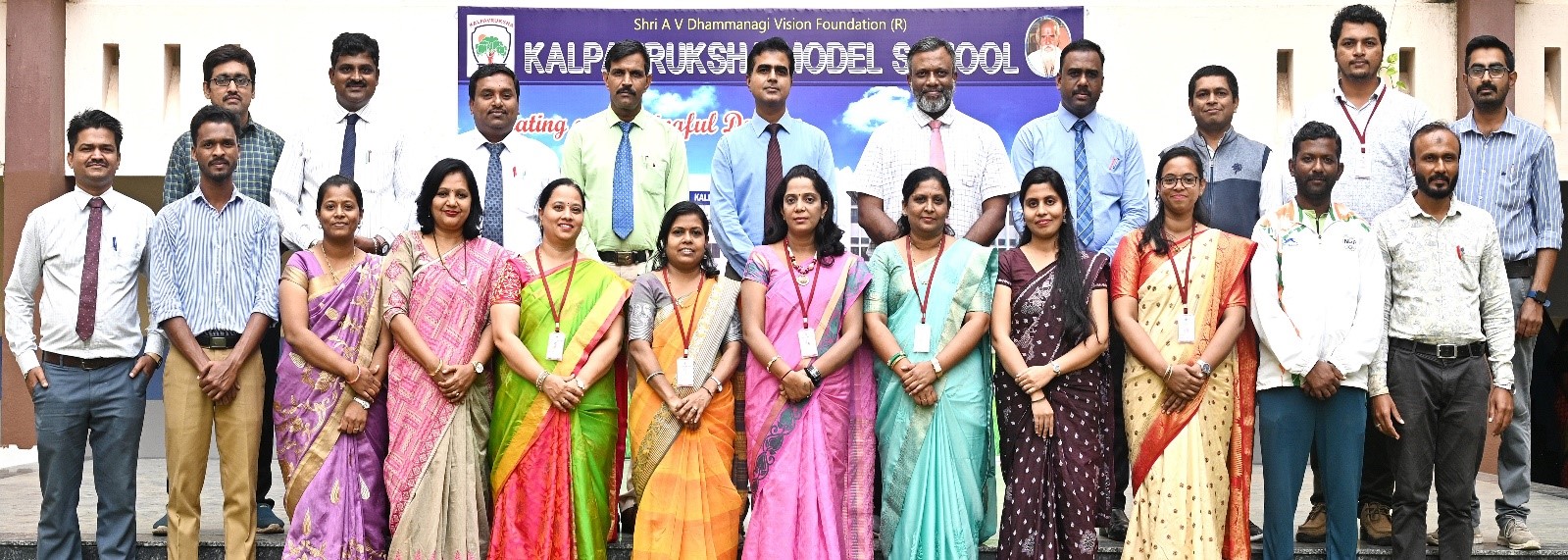
Secondary Stage
The CBSE envisions the all-round development of students in consonance with the holistic approach to education. It, therefore, emphasizes integrating co-curricular and curricular domains in an equitable manner. The Secondary Curriculum offers a broad and balanced understanding of subjects including languages, Mathematics, Science, and Social Science, to enable students to communicate effectively, analyze information, make informed decisions, construct their worldview in alignment with constitutional values, and progress toward becoming productive citizens. Recent CBSE initiatives focus on developing 21st-century skills in an environment where each student feels independent, safe, and comfortable. The Board is also aligning the curriculum so children feel more connected to it and can apply their learning in real-life contexts. To achieve this, children must acquire adequate knowledge and skills in core areas such as Health and Physical Education, Life Skills, Values Education, Art Education, Work Education, and other co-scholastic areas. The secondary curriculum is learner-centered, with the school as a place where students acquire various skills, build self-concept, develop a sense of enterprise and aesthetic sensibilities, and cultivate sportsmanship. Therefore, for the purpose of fostering core competencies in learners, this curriculum encompasses major learning areas, both scholastic and co-scholastic.
SENIOR SECONDARY SCHOOL
(STD 11 & 12)
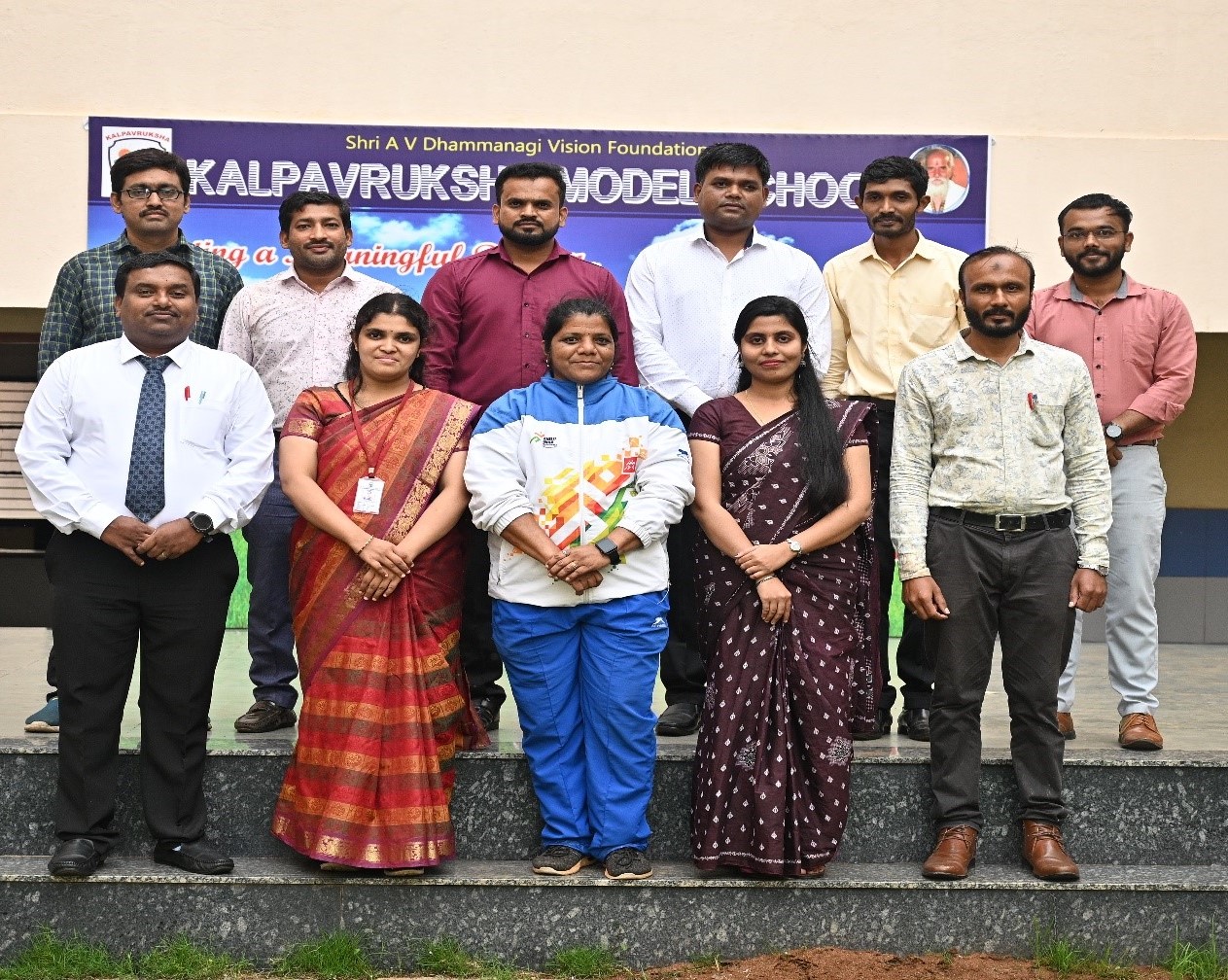
CBSE Senior Secondary School Curriculum
Promote Holistic Development: Foster students’ holistic development, encompassing physical, intellectual, and social dimensions.
- Emphasize Constructivist Learning: Encourage constructivist learning by prioritizing hands-on experience over rote memorization.
- Implement Competency-Based Learning: Define general and specific teaching and assessment objectives to facilitate competency-based learning.
- Encourage Real-World Application: Promote the application of knowledge and skills in real-life problem-solving scenarios.
- Uphold Constitutional Values: Reinforce Constitutional Values through values-based learning activities.
- Develop 21st-Century Skills: Cultivate critical and creative thinking aligned with 21st-century skills in classrooms.
- Integrate Innovative Pedagogies: Incorporate innovative pedagogical approaches such as experiential learning, Sport & Art-Integrated Learning, toy-based pedagogy, storytelling, and gamification, along with technological innovations (ICT integration) to align with global trends.
- Promote Inclusive Practices: Ensure inclusive practices as a guiding principle in all educational activities.
- Support Learning Through Assessment: Enhance and support learning through diverse assessment methods.
- Integrate Environmental Education: Integrate environmental education across various disciplines from Classes I-XII.
- Prepare for Competitive Exams: Prepare students for competitive exams after Grade 12, integrating NEET, JEE, and KCET exam-related preparation alongside the regular CBSE board examinations.
